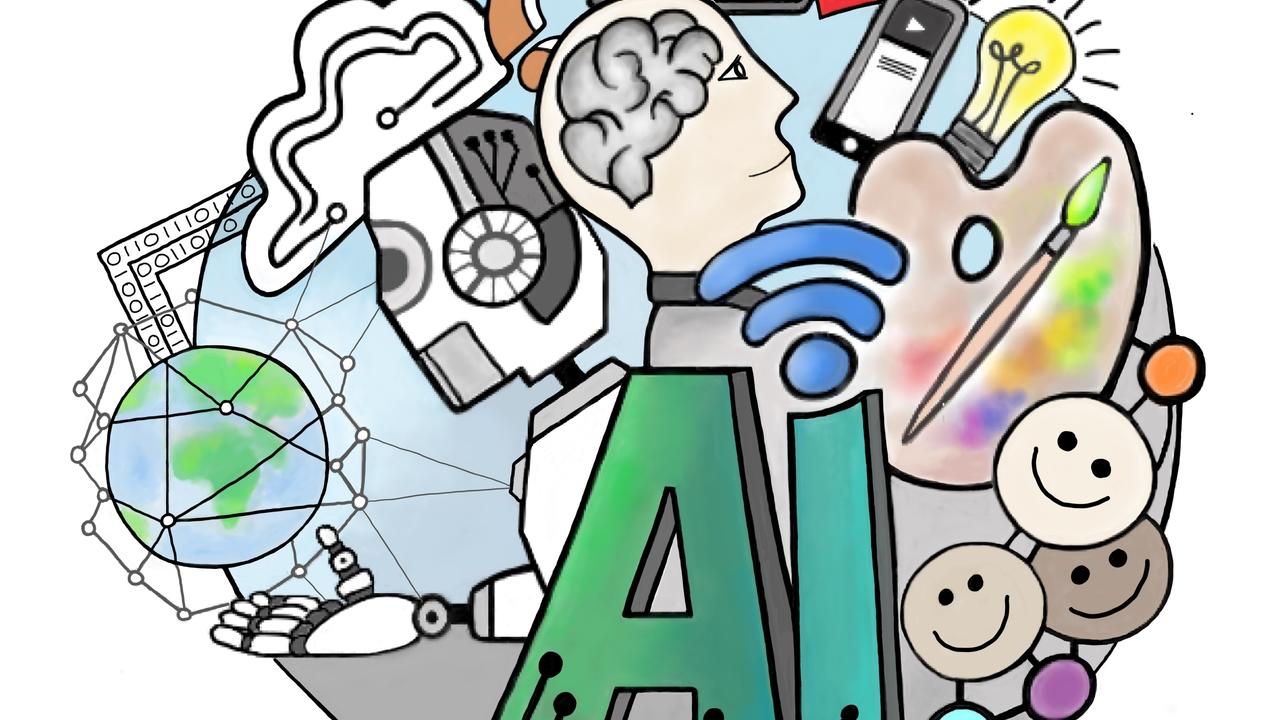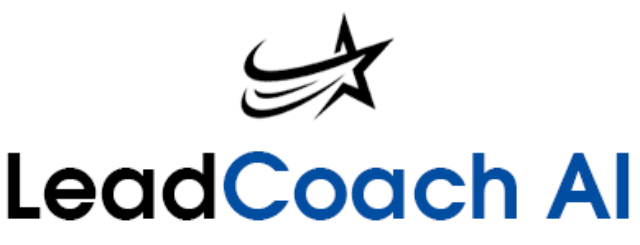A Covid-push to future-proof your organization
Sep 16, 2020
Even before Covid-19, future-oriented leaders realized that bureaucracy is a too heavy burden for sufficient agility and adaptability.
Which is why they strive to transform their organization. Into what? Darwin still rules. Into a highly adaptable, entrepreneurial, and efficient organism - coping well with rapid change, complexity and allowing exponential scaling.
Covid-19 is nudging - or rather pushing us all, in that direction.
From steam clouds to digital clouds
Bureaucracy was born several hundred years ago with the industrial rise. The need for administrating papers - like documents and invoices called for management and work offices. But, we've moved from steam clouds to digital clouds. Conditions have changed. The question is, has your organizational set up changed accordingly?
"…the species [or organization] that survives is the
one that is able best to adapt and adjust to the changing
environment in which it finds itself." - Darwin
Work life after Covid?
What we’re experiencing globally is frightening and putting your company to the test. Only, while viruses come and go, bear in mind there are several paradigm shifts – that are changing the game, the speed of the game and how we play to create value today:
- AI and robotics are changing and challenging our work.
- Digital elements increase complexity and allow exponential growth.
- Our planet is suffering, requiring urgent remedies.
- Customers expect great experiences and care more about sustainability.
Future-oriented leadership
In this world - what does smart, future-oriented leadership look like? And why care? You care because of mind-blowing business opportunities and unexpected competition. That’s why smart leaders and boards ask:
“How can we efficiently – and at a low cost – work smarter to ensure speed and organizational readiness in the disruptive AI era?”
Trend: From 1D ---> 3D organizations
Apart from new technology solutions, new ways of working, leading, executing strategy, and creating value are emerging. To increase adaptability (while being efficient), we’re seeing an organizational trend. We're moving from traditional, one-dimensionally run organizations, pushing past the two-dimensional matrix structure, over to agile, networked-based three-dimensional organizations with leaders who are supportive, coordinating, and cross-collaborating. Leaders who are great at bringing the best out of people and at mobilizing efforts in change processes.
We’re moving from hierarchical, one-dimensional (1D), line-organizations, past two-dimensional (2D) matrix-structures, and over to three-dimensional (3D), networked organizations.
An example of a succesful 3D organization:
Philosophically inspired by how internet is designed, Zhang Ruimin, CEO of Haier - a highly successful Chinese, multinational consumer electronics manufacturer (29 billion USD in revenue, 2016) took the controversial step in 2005 to liberate themselves from bureaucracy. They prepared for higher speed (agility, entrepreneurship, and customer-closeness) and transformed from being a traditionally driven organization.

Haier fundamentally reorganized all employees into an eco-system of thousands of self-managed micro-units.[1] Their people behave more like owners than employees. Each unit has a P&L (profit and loss) and are partly “paid on performance,”. They decentralized power and decision-making. To increase efficiency, they share some practices, e.g., target setting, contracting, and recruiting. Are they successful? Very much so. Beating their competitors by far also in Western countries.
This shows not only digital companies like Google can work this way. It seems that everyone can make the shift into a more non-bureaucratic organization. And many other companies have taken this bold step, for example, Netflix, Morning Star (tomato agri- and food-processing industri), and Itera (a Norwegian IT-vendor).
An internet and Darwin-inspired organization
These modern 3D structures are typically networked through multi-disciplinary, more or less autonomous- and cross-collaborating team-of-teams. They are highly interconnected with customers and external partners – and cleverly supported by technology. This way of working increases adaptability and entrepreneurship. It also facilitates rapid re-sizing, scaling, and even exponential growth for digitalized business models.
Re-thinking your business
Companies who rethink their business models and organizational design will speed up eventually and likely be more healthy for it. How you work, how the organization is set up, how skilled people are at coping with and driving change, or at problem-solving, collaboration, and decision-making matters a lot. This illustration is inspired by the work by Scott Simmerman, “The Square Wheels Guy”. As you’re reading this article, I know you’re not too busy to reflect over how to work smarter. Congratulations!
This illustration is inspired by the work by Scott Simmerman, “The Square Wheels Guy”. As you’re reading this article, I know you’re not too busy to reflect over how to work smarter. Congratulations!
The winners’ secret
HOW you work is one of the most important decisions leaders and boards make in these disruptive days. It’s easy to think it’s all about technology, artificial intelligence, or right now about Covid and remote work. But, the winners’ secret is they know how to deliberately unlock human intelligence and knowledge. The winners do use technology and digitilize wisely, but understand the need for uplevelling their leaders and teams soft skills to a high quality level. Further, they align their business model with a future-oriented structure and culture to be flexible, innovative, and change-prone, to unleash their full potential, and enable rapid scaling of their business.
AI+EQ=true
We know technology is rapidly becoming more powerful, but people are critical for value creation - and more essential than before. As Kimberly Lein-Mathisen, GM Microsoft Norway, says so well:
“Artificial intelligence is like a speedboat. Along with [human] emotional intelligence, it gets the power of a supertanker.”
What’s exciting is that by constructively using the synergistic power of human and artificial intelligence, we may have a chance to solve even really complex and urgent challenges like the UN’s Sustainable Development Goals.

The future came very fast
The pace of development was already demanding. We see that the difference between quick and slow companies – and winners and losers – is clearer than before. The gap is widening. New conditions can be a threat, but also provide unexpected possibilities. Covid has accelerated us into the future. It's my take that companies who both digitalize and ensure they have an anti-bureaucratic, agile and adaptable organization will further increase their competitive edge.
High quality soft skills in demand
Many of us work from home now, the trend being we'll disrupt the 'industrial, paper-based' way of working. Working smart today is about more than remote work and Teams-meetings. It’s about creating a flexible, yet robust organization, designed to match new conditions. These three factors are worthwhile to consider:
- PACE: Exponential pace, non-bureaucratic ways of working, and rapid change require a different mindset and leadership - changing how decisions are made and how value is created.
- STRUCTURE: Your organization’s structure is a barrier or blessing for sufficient agility and efficiency – transform your business into a cross-collaborative, agile, and entrepreneurial organization ready for scalable growth and disruptive change.
- PEOPLE: Your people’s (creative, collaborative, and emotional) skills and intelligence can be upleveled and unlocked to tackle complexity and rapid change – new leadership and ways of working can, and should bring out the best in your people.
Relevant, practical strategies
You can read more about this in my recent book Working smart in the AI era (or Fremtidsrettet ledelse in Norwegian). When I wrote it, I’d never heard of Covid-19, but wanted to help leaders future-proof, prepare for, and better cope with, disruptive times. Little did I know how relevant the practical strategies of how to truly empower people and work smart(er) would become.
We’re truly alerted to how vulnerable we are, our need for coping well with rapid changes, and for working in ways that are flexible, human-oriented, and sustainable. How great that challenges also provide new opportunities. Now is a great time to rethink how to work smart and future-orient your business.
Efwa Hagström’s mission is to enable and empower leaders, teams, and organizations to drive positive change fast, and find those amazing solutions and services that help us and our world full of challenges - either they come from viruses, climate issues, or AI radically changing how we work.
[1] Hamel, G. and Zanini, M. (2018) ‘The end of bureaucracy’, Harvard business Review.
Stay connected with news and updates!
Join our mailing list to receive the latest news and updates from our team.
Don't worry, your information will not be shared.
We hate SPAM. We will never sell your information, for any reason.


